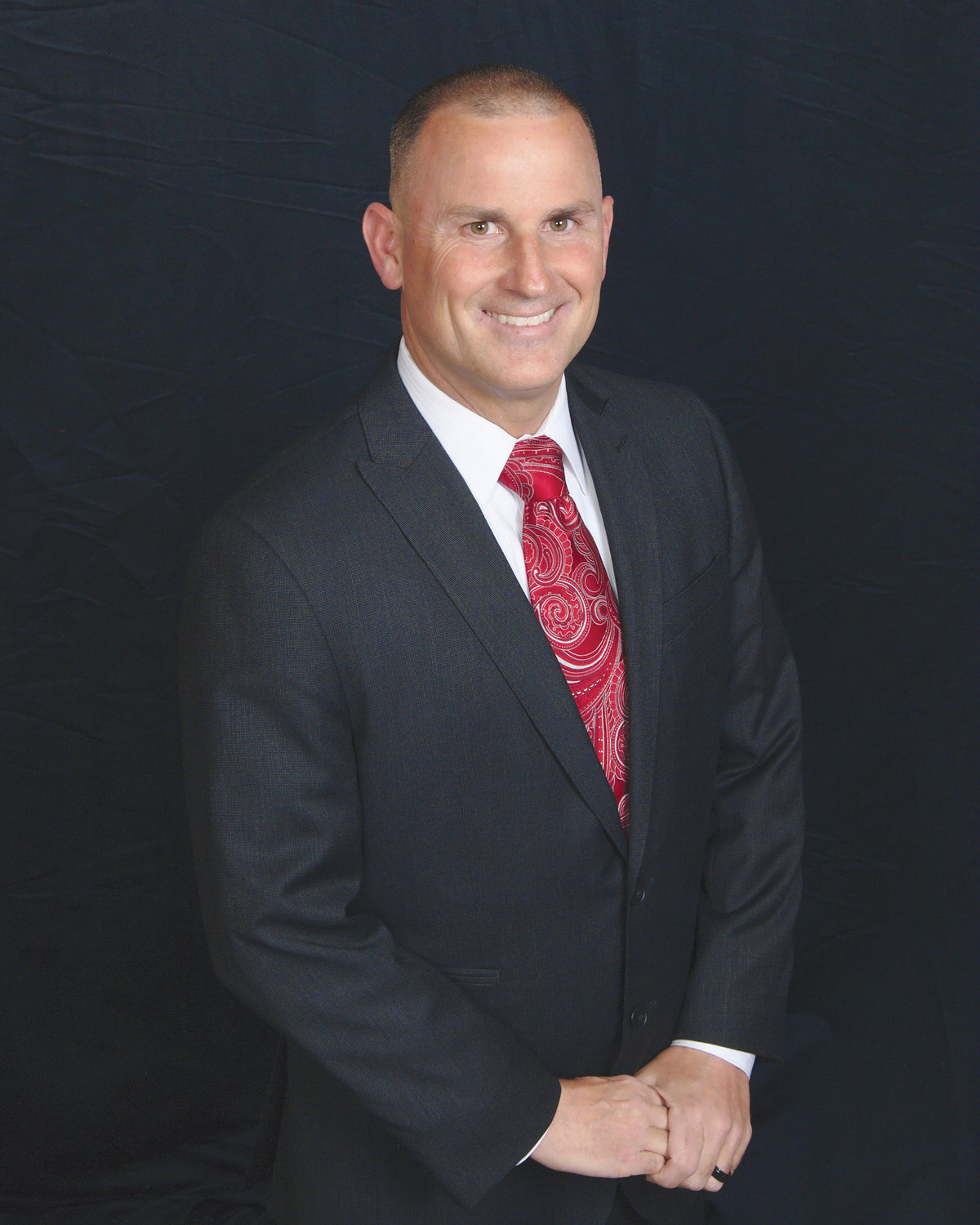New program to give students larger voice
This item is available in full to subscribers.
Attention subscribers
To continue reading, you will need to either log in to your subscriber account, or purchase a new subscription.
If you are a current print subscriber, you can set up a free website account and connect your subscription to it by clicking here.
If you are a digital subscriber with an active, online-only subscription then you already have an account here. Just reset your password if you've not yet logged in to your account on this new site.
Otherwise, click here to view your options for subscribing.
Please log in to continueDon't have an ID?Print subscribersIf you're a print subscriber, but do not yet have an online account, click here to create one. Non-subscribersClick here to see your options for subscribing. Single day passYou also have the option of purchasing 24 hours of access, for $1.00. Click here to purchase a single day pass. |
New program to give students larger voice
GREEN COVE SPRINGS – Superintendent Addison Davis is offering Clay County students a chance to directly affect the way their schools are run.
Through a new initiative referred to as the Superintendent’s Student Advisory Council, Davis hopes to give students a voice and allow them to work with him and his staff to create more student-friendly policies and changes.
“We just wanted students to have a voice,” Davis said, “Instead of only engaging teachers, the administration and leaders in the schools and community members. We think students have to be at the same table.”
The council itself will be made up of students from across the district in grades 7-12, with two students being selected from each grade. In order to be considered, students are required to fulfill a list of minimum requirements, including filling out an application form and acquiring a recommendation from an adult who isn’t part of their family who could speak to their character and work ethic. Applications, which are being accepted now through June 1, will be reviewed by Davis and his staff and finalists will be chosen for in-person interviews.
“We’re looking for someone who is actively engaged in activities inside and out of the classroom,” Davis said. “We want to find students who will be advocates for education and who want to have a true impact on what we’re doing in Clay County. Ideally this would be a student with strong character and someone who wants to learn and improve education systems in the school district.”
Students appointed to the council will be required to attend eight monthly evening meetings with the Superintendent during the 2018-19 school year in September-May which will be held at the training center at Fleming Island High School. Davis also said that the students will be invited to participate in bi-monthly training sessions where they can pick up skills such as Robert’s Rules of Order, resume writing and building, public speaking, leadership training, advocacy, policy making, as well as other college preparatory and life skills.
“I want to build capacity of students and allow them to be exposed to mentorship,” Davis said. “I want them to be actively engaged in deciding school policies and plans and to feel included and part of the decision-making process. Ultimately what we want is for our students to have a voice.”
Once the students meet with Davis, they will return to their respective schools and report back to their schools’ administration and other student government organizations such as student councils on topics of discussion and potential changes needed at the schools. Davis said he hasn’t really seen anything like this done anywhere locally, but when thinking about ways to get students involved in school policy, this seemed like the way to do it. He said that he hopes that keeping students in the loop will create a unified front in Clay County education where everyone from the students up to the Superintendent share a common goal for education.
Some of the proposed topics for discussion listed on the official Advisory Council announcement include: rigorous and diverse academic experiences, robust extracurricular opportunities, comprehensive student support services, fair and consistent school culture and discipline, authentic platforms for student voice and representation, technology, college and career readiness, student leadership and community outreach.
To get things started, Davis said that their first topic for discussion could be a learning experience for him more than the students as he tries to understand the everyday lives of Clay County students, but his ultimate goal is to get to a place where the students on his council work as members of his staff.
“The first thing I want to talk to them about is student culture and climate, how they interact with each other,” Davis said. “Then I want to establish short and long-term goals [for the council]. Eventually I’d like them to operate as an extension of my cabinet.”








